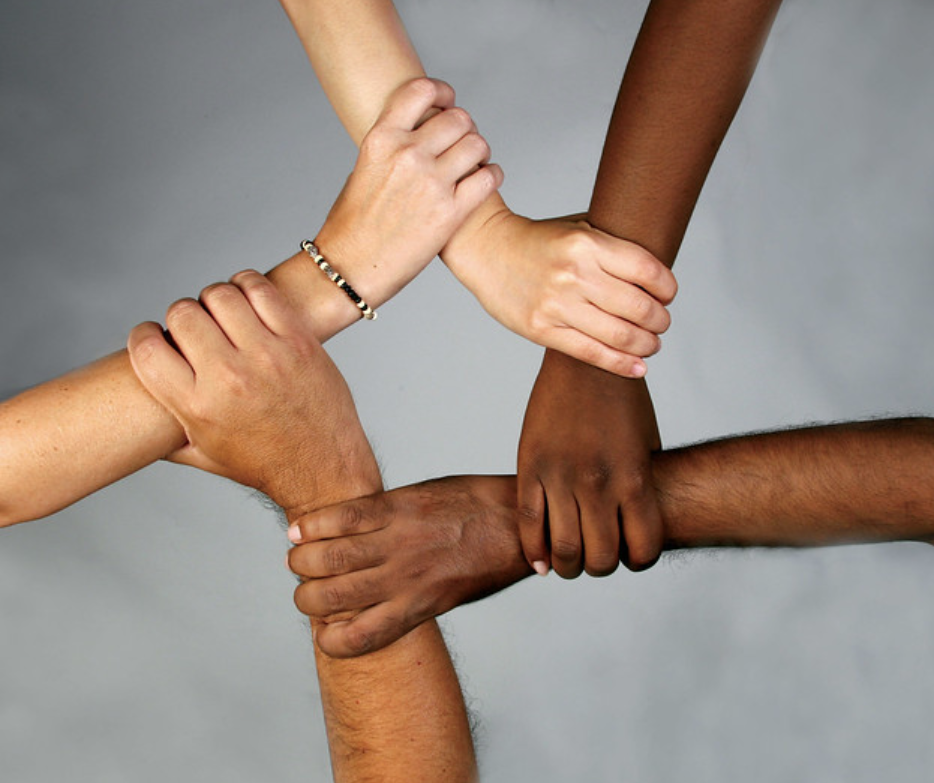


“Woke-Washing” Your Company Won’t Cut It
By Erin Dowell and Marlette Jackson, writing in the Harvard Business Review:
Kelli, a data scientist at a tech company, recently submitted a request for a promotion. Her responsibilities had increased after turnover on her team and she felt the extra work merited recognition. But she was told that the VP who needed to approve the promotion didn’t have time to consider it — they were too preoccupied crafting a company response to the renewed conversations about racial injustice and police brutality. As a Black woman asking for her work to be recognized, she was struck by the hypocrisy. “I found it ironic that senior leadership prioritized their public image when internally they dismissed or ignored the very Black voices that they claimed to care about,” she told us. “It made the gesture of solidarity feel like a slap in the face.”
As companies all over the U.S. have rushed to advertise their commitment to racial justice and claim common cause with a historic protest movement, we’ve seen a lot of stories like Kelli’s. Her sentiments are representative of the many employees experiencing statement fatigue — a growing level of disinterest, ambivalence, and outright outrage towards companies calling out racial injustice without showing any signs of taking action. And in the current U.S. social climate, employees are becoming more empowered to call out their company’s hypocrisy — juxtaposing solidarity statements with lopsided statistics of company representation and personal accounts of negative workplace experiences.
While many companies are speaking out because they know the costs of silence are high, they’re discovering that the costs of “woke washing” — appropriating the language of social activism into marketing materials, for instance — can be high, too. Organizations such as Whole Foods, Pinterest, and Adidas have all seen public complaints from current and former employees that corporate statements of solidarity glossed over internal inequities. For many workers, such statements from executive leadership underscore how the same leaders who rally for Black lives have fallen short when it comes to addressing these problems. Empty company statements can seem to say that Black lives only matter to big business when there’s profit to be made.
As diversity, equity, and inclusion practitioners, scholars, and consultants, we have first-hand experience navigating these challenges in the workplace. In our work, we investigate acts of discrimination, facilitate workshops on cultural competency and social justice, render institutional policy advice, consult with leaders on diversity issues, and mediate diversity-centered conflict. But more than this, as Black women, we share the professional and personal toll current events are having on communities of color. Accordingly, we recognize the importance of moving beyond solidarity statements and toward power dynamics that effectively eradicate the underlying anti-Blackness that has been central to America’s origin story and thus, the American corporate story.
We’ll tell you right now: While statements of solidarity are a starting point, we are at a critical juncture as a nation and the moment demands more. Diversity and Inclusion efforts, on a collision course with the Black Lives Matter movement, have jointly arrived at the corporate table demanding justice. But how, exactly, can companies show that they’re committed to just change? They can start by 1) prioritizing and assessing corporate accountability, 2) committing to corporate structural evolution, and 3) realigning the power dynamic between the organization and its employees, providing employees more agency to drive company culture. To assist organizations in this time of transition, we’ve put together a blueprint for corporate social justice — a playbook of what executives can do to foster anti-racism at the organizational, leadership, and individual level.
For the rest, click here.
Photo Credit: Wonder Woman 0731a from Visual Hunt.com, Creative Commons.org license